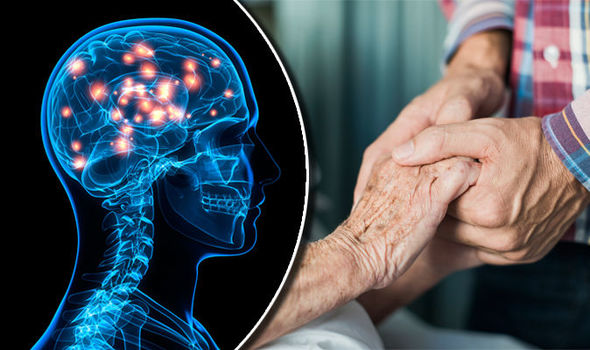Stem cells therapy for Huntington’s disease.
亨廷顿病 (HD) is a genetically heritable disease that destroys ‘medium spiny neurons’ (MSNs) in the brain, leading to emotional changes, mental decline and impaired movement.
The clinical triad of HD includes chorea, psychiatric/behavioral disturbances and cognitive decline.
Beneficial effects of stem cells therapy
have been reported for transplantation of stem cells derived
from non-neural tissue, 例如, 间充质- 和脂肪干细胞, which have mainly been attributed to their secretion of growth and neurotrophic factors.
iPSCs and embryonic stem cells may be able to make large numbers of neural stem cells.
People with the degenerative disorder Huntington’s disease could receive treatment with stem cells
to slow development of symptoms.
间充质干细胞 (MSC) have been shown to have significant effects on restoring synaptic connections between
damaged neurons, promoting neurite outgrowth, secreting anti-apoptotic factors in the brain, and regulating inflammation.
Many trials have assessed the safety and efficacy of human MSC delivery to neuronal tissues via systemic IV infusion.

